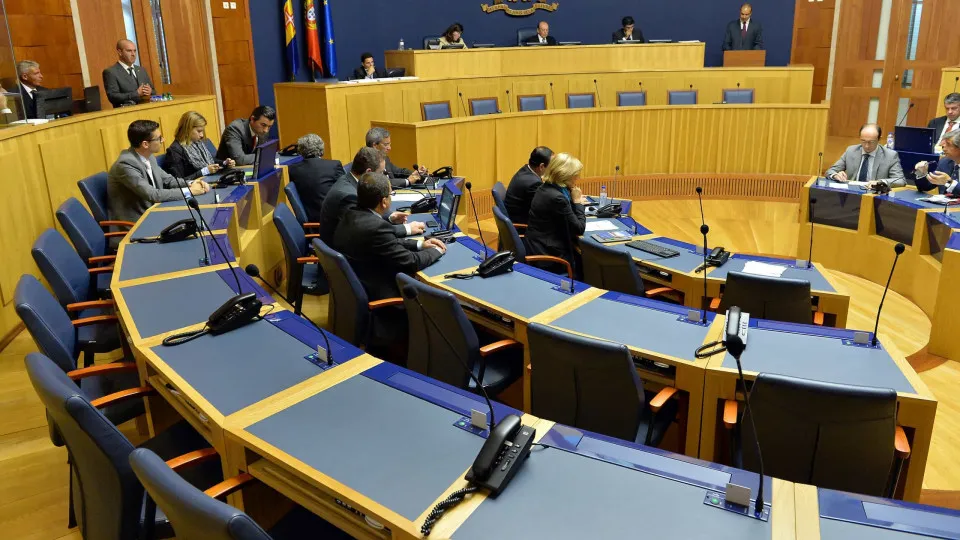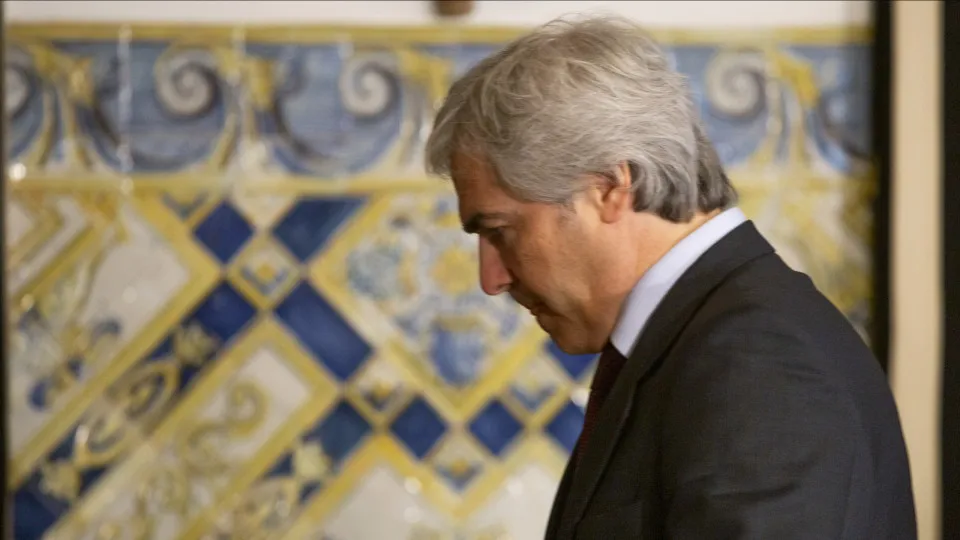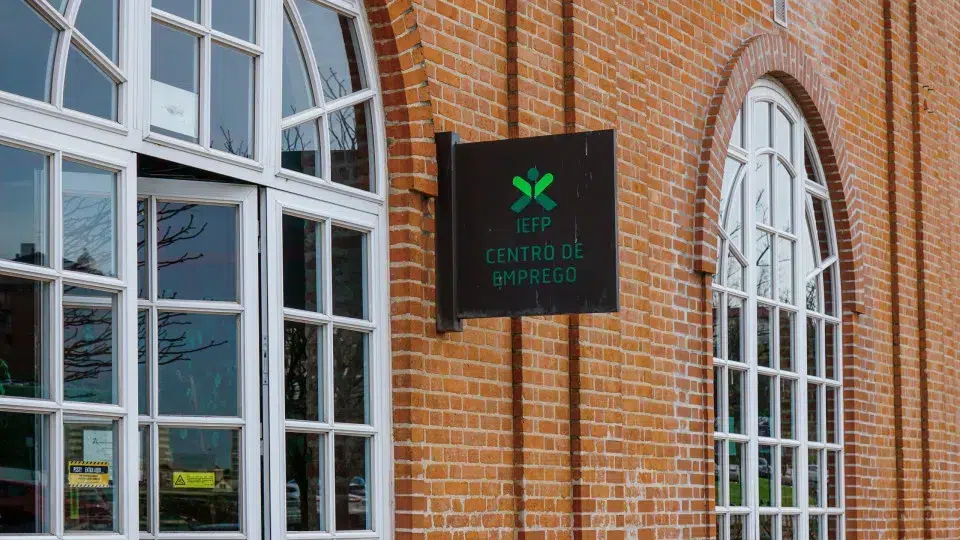
“Mobilizing approximately 267,126 Mozambicans living abroad to invest in the country through the sending of remittances” is one of the objectives defined by the Government in the proposed Economic and Social Plan and State Budget (PESOE) for 2026, which will soon be discussed in parliament. This plan also includes revitalizing five associations of Mozambicans in the diaspora.
Remittances sent by Mozambicans to their home country have increased almost sixfold over seven years, reaching the equivalent of 473 million euros in 2022, according to official data.
“In recent years, Mozambique has seen a significant increase in remittance flows. In 2022, the country received 544.8 million dollars [473 million euros] in remittances, a notable increase compared to 93.4 million dollars [81.2 million euros] recorded in 2016,” the report on the National Financial Inclusion Strategy to be implemented by 2031 states.
The document from the Ministry of Finance notes that in terms of remittances, “the national market is structured around multiple channels and actors, which play a crucial role in the country’s financial inclusion strategy,” and recalls that these “are a vital component in the financial services landscape in Mozambique.”
“Particularly due to the continuous export of migrant labor from the country to neighboring countries, namely South Africa,” the report notes, acknowledging that the use of remittances “has been growing steadily.”
In 2019, 32% of adults in Mozambique sent or received money through remittances, an increase of 23% compared to 2014, as noted in the document.
It adds that among the various channels available for remittance transfers, electronic money “dominates the market” as about 80% are sent through these services, which are mobile-based and involve three operators in Mozambique.
“Capitalizing on the increasing availability and convenience of mobile phones in the country,” the report recognizes, while highlighting that in addition to electronic money, “informal channels play a significant role, accounting for 12% of remittances.”
“These channels often involve networks of trust, such as community groups or money transfer agents, which facilitate the transfer of funds between people. Moreover, 11% of remittances are exchanged through transactions with family and friends, providing a direct and personal means of transfer,” the report reads.
Banking channels represent only 7% of the remittance market in Mozambique.




